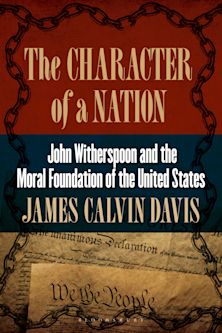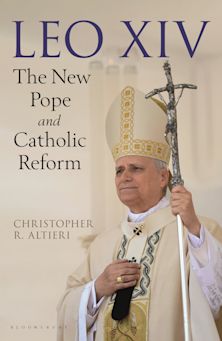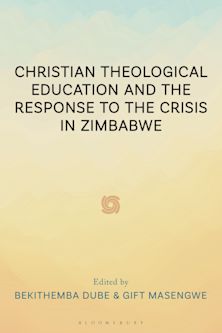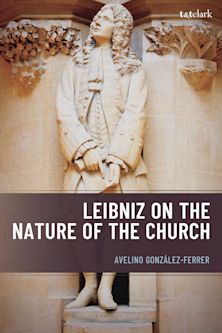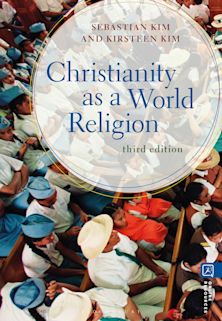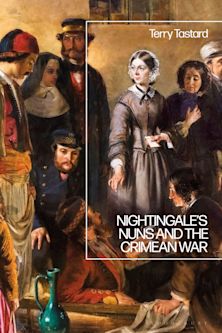Charles Fletcher Dole, Liberal Theology, and Reform
A Life Well Lived
Charles Fletcher Dole, Liberal Theology, and Reform
A Life Well Lived
Description
Charles Fletcher Dole, Liberal Theology, and Reform: A Life Well-Lived is a historical look at the life and theology of Charles Fletcher Dole. Dole was born into what he described as an “ultra-orthodox” religious family. He was unable to accept the severe, quasi-Calvinist theology of his relatives, and when he attended Harvard College, he was influenced by the intellectual currents set in motion by Darwinism. He then tacked off to the radical wing of Unitarian theology. It was incumbent on the faithful—of any religious tradition—to live in ways that helped further the divine plan. This moral imperative prompted Dole, as the long-term minister in the Unitarian Church to advocate for reforms not unlike those of his parents and other relatives, including temperance, women’s suffrage, improved race relations, anti-imperialism and pacifism. This historical recovery and interpretation of Dole argues that while Dole’s radical theology was the source of his civic engagement, his iteration of the social gospel was to some extent also shaped and delimited by the socio-economic position he occupied.
Table of Contents
Acknowledgements
Introduction
Chapter One: Historical Background
Chapter Two: Forebearers
Chapter Three: Education
Chapter Four: Two Churches and Locales
Chapter Five: The Liberal Theological Context
Chapter Six: What Evolution Wrought
Chapter Seven: Social Gospel I: Citizenship and Political Economy
Chapter Eight: Social Gospel II: Temperance, Gender, and Race
Chapter Nine: Social Gospel III: Imperialism, War, and Peace
Conclusion
Afterword
Bibliography
About the Author
Product details
| Published | Sep 05 2023 |
|---|---|
| Format | Ebook (Epub & Mobi) |
| Edition | 1st |
| Extent | 330 |
| ISBN | 9781666928716 |
| Imprint | Lexington Books |
| Publisher | Bloomsbury Publishing |
Reviews

ONLINE RESOURCES
Bloomsbury Collections
This book is available on Bloomsbury Collections where your library has access.












